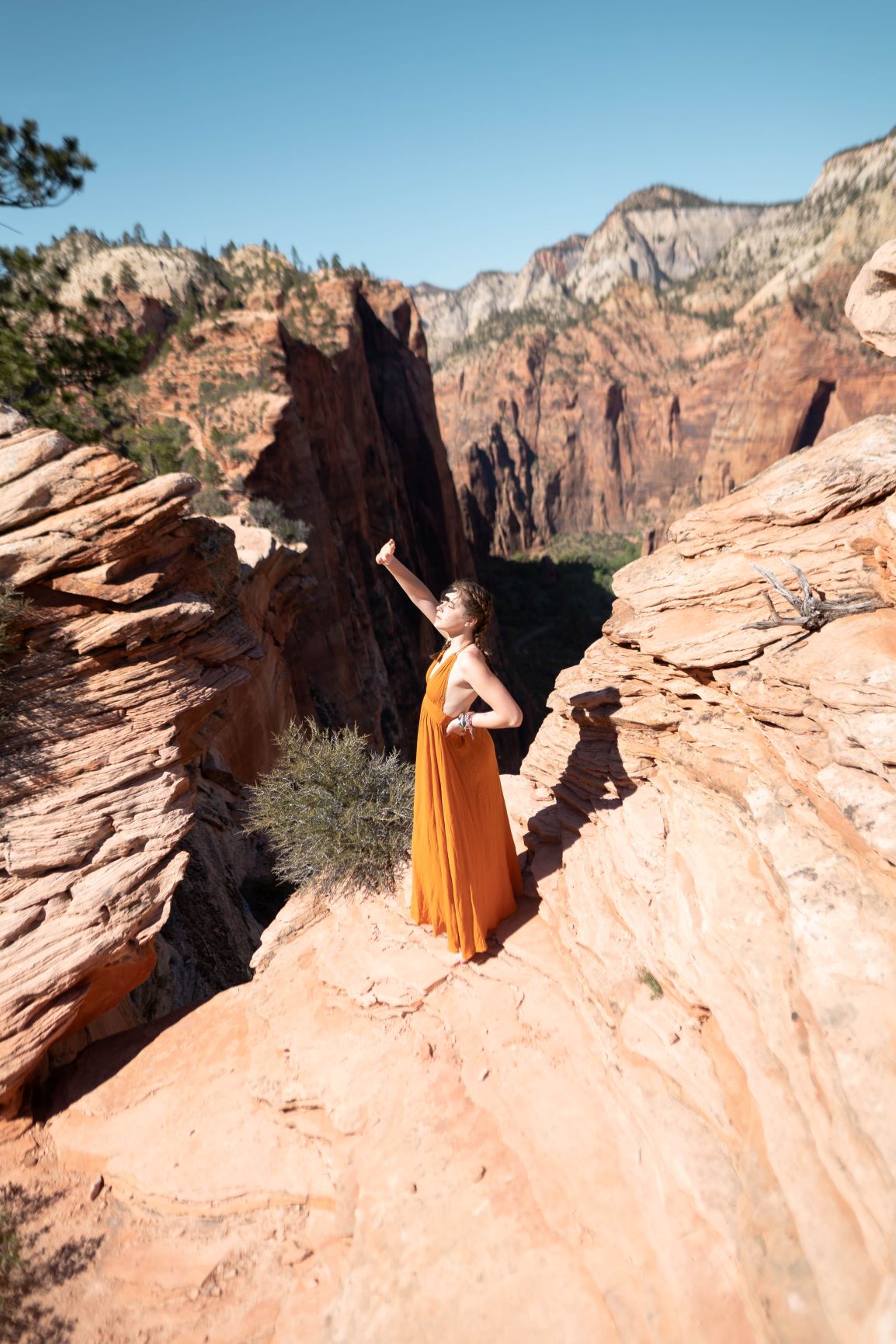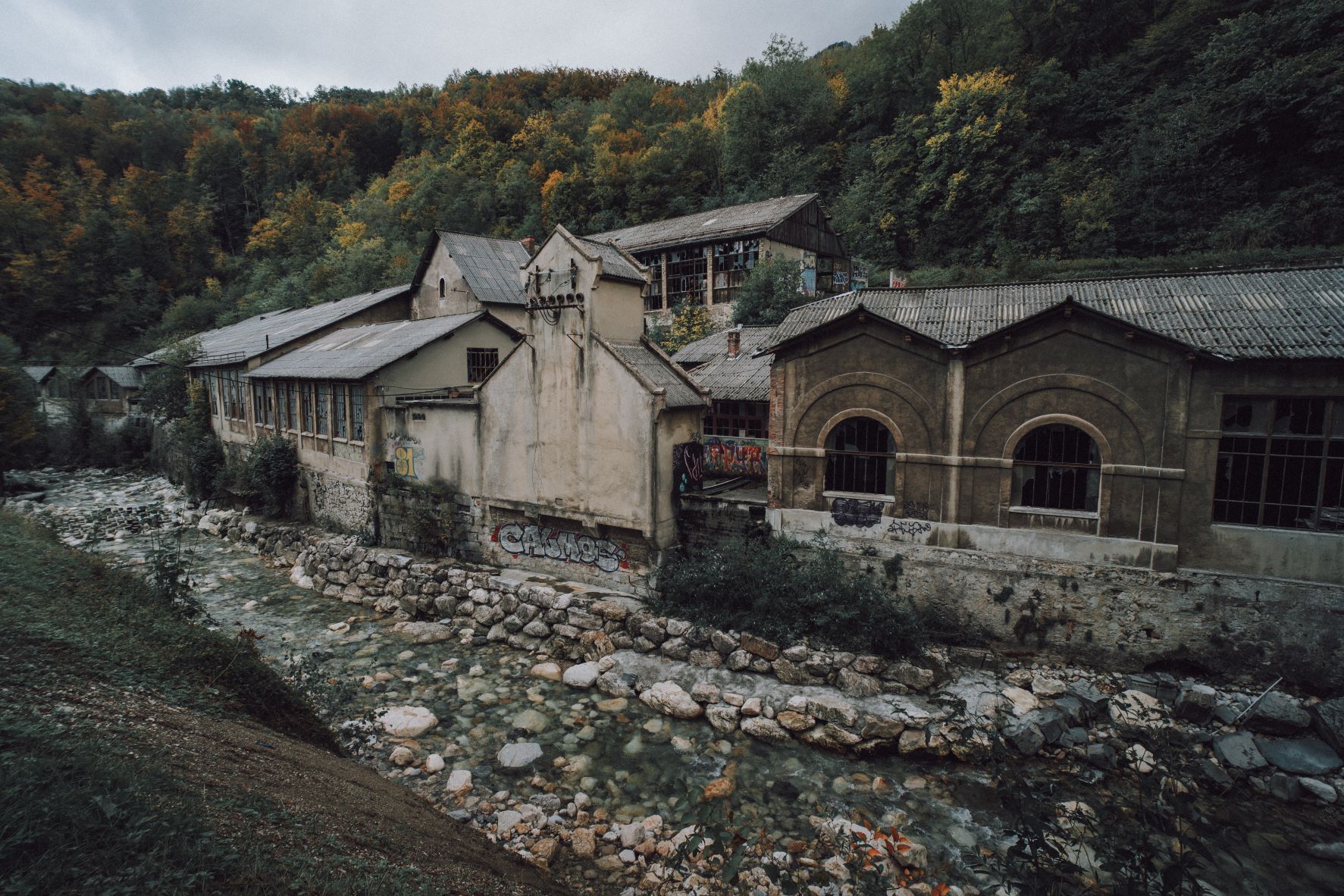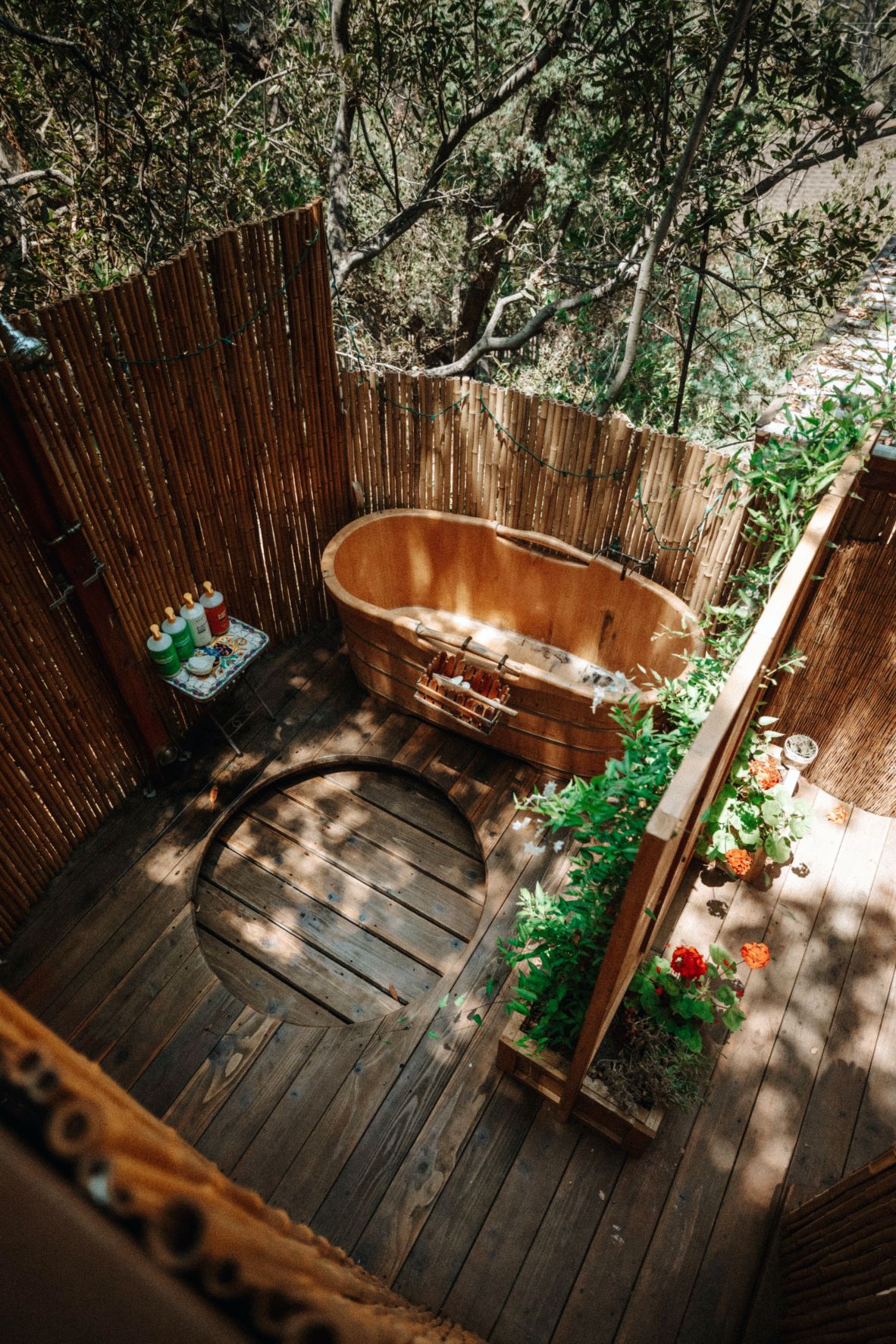Allabasi
They tell us that we do not deserve even this land, but we live this land with pride
History
The Allabasi people were followers of the Yub faith who were unable to leave Liri during the time of persecution. After the destruction of Wunucc, all followers of Yub were sent to live in this desolate area. Those who could, fled the country, but many could not. Since then, they have remained in relative isolation and thus diverged, linguistically and culturally in several significant ways. Today, the Allabasi are no longer restricted to Wunucc, but many choose to stay there, where they are among their people, even if the area is poor. The Allabasi continue to face an uphill battle in fighting for rights and equality in Liri.Divergence from Yub Tradition
The Allabasi consider themselves followers of the Yub tradition, though many other Yub believe that their differences mean they no longer practice the true religion.Color Symbolism
To the Yub, the significance of colors is important, especially in regards to the clothes one wears. This has not changed for the Allabasi, though the symbolism of individual colors has changed in many ways.- Green: Considered by most Yub to be unlucky, the Allabasi take no issue with wearing green. Some say they have already faced so much bad luck that wearing the color cannot affect them, while other purposely wear green to symbolize the bad luck their people have faced throughout history. Regardless, this is a common color among the Allabasi.
- Red: Most Yub consider red to lucky, but for the Allabasi this color has replaced green as a symbol of bad luck. When the Allabasi first moved to Wunucc, strains of illness still spread in the area and led to many deaths. Red now symbolizes the color of sickness. It is used to mark hospitals and quarantine locations, and to wear red when you are not sick is to wish illness upon yourself.
- Brown: A symbol of crime among most Yub, the Allabasi wear brown on a regular basis. This is most likely because brown fabric is easy to make or obtain and many clothes turn brown in their environment, thus avoiding the color is nearly impossible. Criminals are made to wear brown with a mix of red to make them distinct, and those who commit the most heinous of crimes are made to wear red itself, as punishment.
- Purple and Blue: Purple has changed little for the Allabsi, as it is worn for luck. Blue, usually worn only by the Yub clergy, can be worn by anyone of importance among the Allabsi, though this remains most frequently the clergy.
- Black and White: Black and white have remained traditional funerary colors for the Allabasi, though the difficulty to obtain and maintain white means that many people instead wear black and brown or all black. When mourning someone who died of illness, people wear black and red.
Honor of Blightpod
Like all followers of the Yub faith, the Allabasi worship the Goddess of Nightmares and Names. But Yub texts speak of numerous spirits that do the goddess's bidding, each with their own specific domain. The Allabasi pay tribute to Blightpod, The Greater Night Fiend, who is a spirit of sickness and health. They believe that Blightpod protects them against future illness and that he was sent to do so by their goddess. Therefore many of their rituals invoke his name rather than that of the goddess, or invoke the two together. Other Yub followers believe this is blasphemy and accuse the Allabasi as worshipping the spirit like a god, but the Allabasi believe that Blightpod speaks to the goddess on their behalf, and so they honor him and the work he does in their favor.Rites and Rituals
We ask The Greater Night Fiend to bless and protect this child throughout their lifetime.
Birth Rites
Similar to traditional Yub birth rites, Allabasi babies are anointed with oil at the temple. But Allabasi rites also invoke Blightpod as a protector of the child from illness and harm.Coming of Age
Unlike the traditional Yub coming of age, the Allabasi coming of age happens during the same three days and nights for all children who have turned eighteen during the past year. They stay in the temple, where they are encouraged to experience their nightmares, though the Allabasi children themselves usually spend more time trying to frighten the others than the clergy do. When the three nights are over, the clergy may make recommendations for the purpose of the lives of the young people, but these are not strictly adhered to, and only taken as suggestions. Furthermore, new adults may choose to join the clergy of their own volition, and the Allabasi clergy accept both women (who speak directly to the goddess) and men (who connect to her servant, Blightpod.)Marriage Rites
Many Allabasi marriages are still arranged by parents and clergy, though others are self-chosen. Generally, marriages take longer than in other Yub communities to begin (5-7 years), and the courting process may include the couple dating or even living together unchaperoned. It is common for Allabasi newlyweds to move in with the parents on either side, and an Allabasi household may consist of several generations. Divorce must still go through a priestess, but it is more commonly granted among the Allabasi than in other communities.Funeral Rites
Allabasi funeral rites should be carried out before the second sunset after the person's death. First, the possessions of the dead are distributed or destroyed. The body of the dead is wrapped in a clean cloth and the wrapped body is anointed with holy oil. Then the body is burned. Ideally, this is done at sunset, so that the Goddess can catch the soul on her way to the Night Realm.Relationship with Outsiders
Allabasi usually have tenuous relationships at best with outsiders, who they suspect will, at best, criticize their ways of life, and at worst, try to uproot them from their home.Military
We may have to accept that they're there, but we don't have to like itThere is still a military base in Wunucc, and the Allabasi and the military tend to stay out of one another's way. The Allabasi give the base a wide berth, and the military, in turn, rarely visit the Allabasi villages, where they know they will not receive a warm welcome.
Scientists
Even if the soil had returned to its glory, the need to uproot both the alards and the Allabasi mean Wunucc remains relatively unlivable.
I don't know what magic was used here, but I doubt the land will ever return. It's only use now is as an alard farm.
Khahma
The Khahma are a particularly interesting group because they moved to Wunucc willingly after the destruction of the area. They have developed a long-standing relationship of peace and trade with the Allabasi, as they likewise distrust other outsiders. The Allabasi recognize the Khahma as exceptional healers who brought them aid when they were first forced into Wunucc. The Allabasi and Khahma often send their children to the same schools, and the Roex language spoken by the Khahma seems to have influenced the Allabasi dialect. There are even some cases of intermarriage between the two groups.If everyone else in Liri embraced the Alard as the Allabasi do, we wouldn't have allergies either.
Connection to the Alard Tree
The quick growth of the Alard Tree in Wunucc has made it a regular part of Allabasi life. The Allasbasi tend the trees in the area and use all parts of the tree. They use the bark for medicine, and sell a mixture distilled from the leaves as a pesticide to outsiders. They chop down older trees for firewood and building material, and they eat the flowers. They also cook and eat the seeds, but are selective about this, making sure enough seeds spread to maintain the tree population in the area. Some Allabasi have even taken to calling upon Xul, the Spirit of Trees to guide their children at birth rather than Blightpod. These people sometimes wear yellow, out of a dye made from Alard pollen, to mark that their spiritual relationship with the trees.
by Casey Levins
Related Locations






Comments